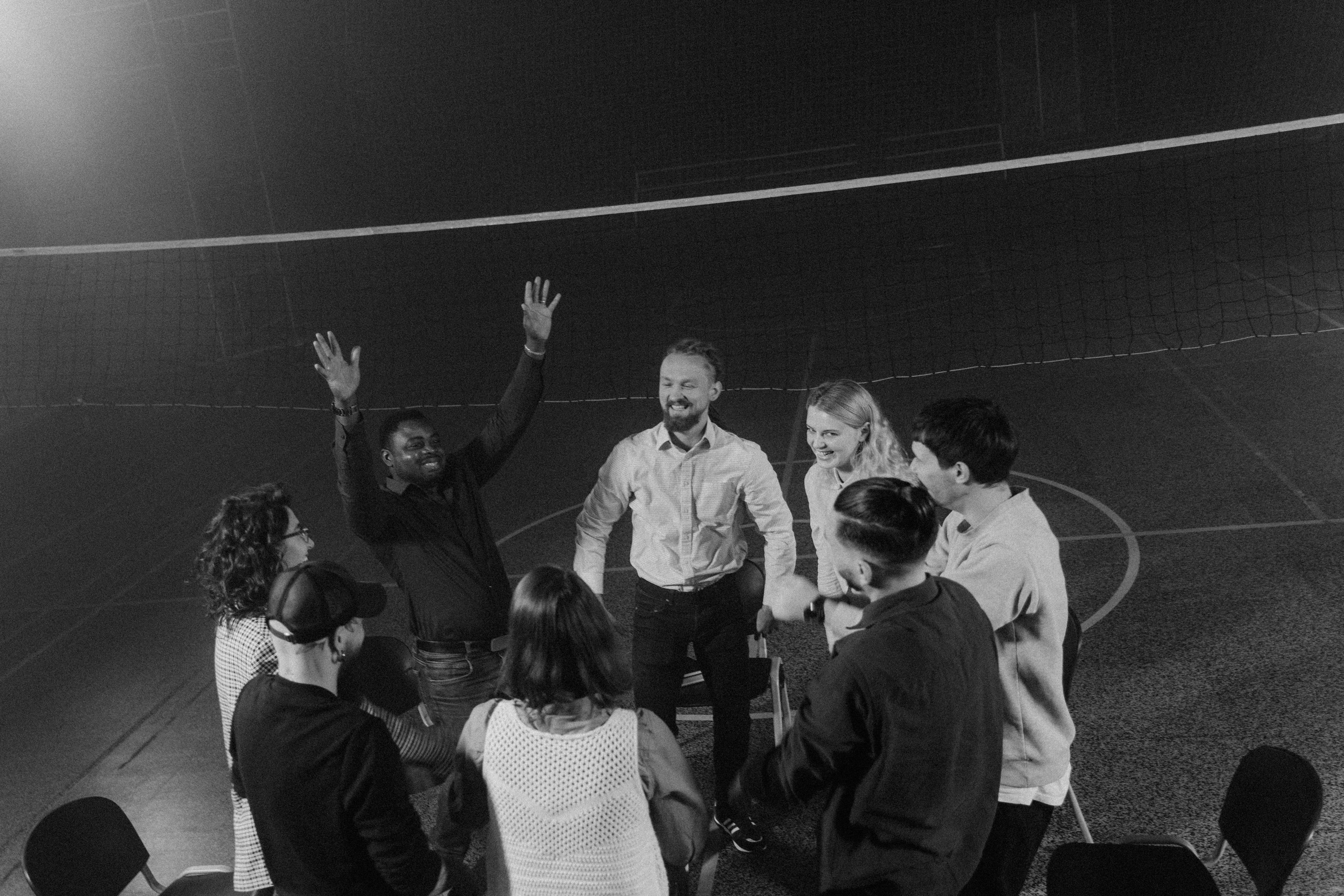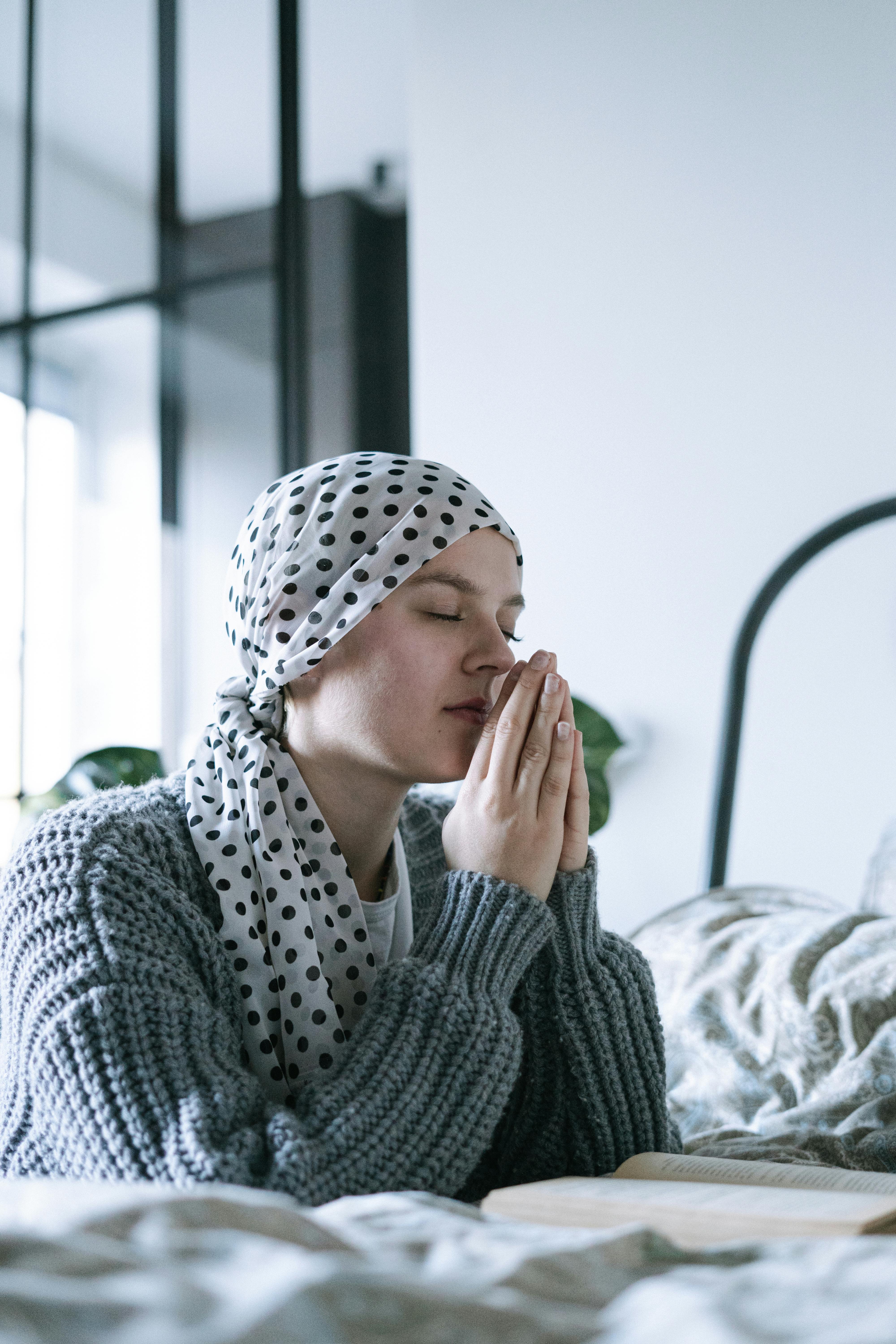Muslim Mental Health Conference 2025: A Global Turning Point
The Muslim Mental Health Conference 2025 emerges as a beacon of hope, insight, and change for communities worldwide. As mental wellness continues to dominate global health discussions, the need for culturally competent care in Muslim populations becomes more urgent than ever. This article unpacks the critical highlights, strategies, and outcomes you can expect from this transformative event.

Understanding the Fundamentals
Mental health within Muslim communities is deeply interconnected with faith, culture, and community structure. The Muslim Mental Health Conference 2025 brings together experts to redefine and reinforce these core understandings through a faith-based lens.
By revisiting fundamental principles, this year’s conference aims to remove stigma, foster resilience, and develop actionable strategies that are both Islamic and evidence-based. The roots of Islamic psychology (Ilm al-Nafs) stretch back centuries, making it a vital component of today’s mental wellness frameworks.
1.1 Faith-Inclusive Wellness
Faith-inclusive wellness refers to mental health care that acknowledges and incorporates religious values, teachings, and practices. For Muslim patients, this could mean prayer-based mindfulness or Qur’an-informed therapy. According to a 2024 global survey, over 68% of Muslim respondents indicated higher trust in faith-informed psychological services.
Examples include integrating du’a with cognitive behavioral therapy (CBT) and offering community-centered counseling in mosques. These approaches counter the misconception that therapy contradicts faith.
1.2 Cultural Competency in Therapy
Cultural competency goes beyond language translation. It involves understanding a client’s identity, religious rituals, and social roles. Unlike generic mental health models, culturally sensitive therapy honors the client’s worldview, reducing resistance and enhancing outcomes.
Case studies from the 2024 MMHC showed that incorporating cultural awareness increased therapeutic engagement by 43%. The conference emphasizes training clinicians in this competency as a non-negotiable skill.
Practical Implementation Guide
With foundational principles in place, the Muslim Mental Health Conference 2025 shifts focus toward applying these concepts in everyday practice. Attendees leave with a toolkit for transforming knowledge into action, setting clear milestones for impact.

2.1 Actionable Steps
- Conduct Community Assessments: Engage mosques and community centers to evaluate mental health needs and gaps through surveys or interviews.
- Build Interdisciplinary Teams: Partner with imams, psychologists, and social workers to ensure balanced perspectives in care planning.
- Establish Pilot Programs: Launch short-term mental health programs such as peer counseling or stress relief workshops, tracking results through feedback forms and attendance rates.
2.2 Overcoming Challenges
Common obstacles include stigma, lack of trained providers, and budget limitations. Solutions discussed at MMHC 2025 include:
- Community education to normalize mental health discussions
- Remote training to build workforce capacity
- Partnerships with universities for funding and research support
Experts also recommend identifying champions within the community—such as respected elders or scholars—to advocate for mental wellness initiatives.
Advanced Applications
For seasoned professionals and programs already in motion, the Muslim Mental Health Conference 2025 offers advanced modules on integrating Islamic ethics with psychological innovation. These approaches are ideal for scaling impact or enhancing care precision.

3.1 AI-Assisted Islamic Therapy
AI is rapidly reshaping mental health, and MMHC 2025 explores how Islamic principles can guide ethical AI deployment. Early programs like chat-based therapy using Islamic affirmations show promising results with younger Muslims.
Performance metrics from pilot AI programs reveal user satisfaction scores above 90% when cultural and religious nuances are respected.
3.2 Faith-Based Mobile Health Apps
Mobile health (mHealth) platforms such as prayer reminder trackers, journaling apps with Islamic quotes, and guided meditation tools are transforming mental health access. Integrating these apps with therapist dashboards improves monitoring and personalization.
Compatibility with Android/iOS systems and user feedback loops are key features discussed during MMHC’s tech roundtables.
Future Outlook
Looking ahead, the conference highlights a dynamic roadmap for Muslim mental health. Trends such as virtual reality therapy, halal-certified medications, and decentralized care models will likely shape services by 2030.
Participants are encouraged to stay informed, adapt quickly, and contribute to shaping ethical frameworks that respect both Shariah and scientific rigor.
Conclusion
To summarize, the Muslim Mental Health Conference 2025 reinforces the urgent need for culturally and religiously grounded mental health care. Its takeaways—faith-inclusive practices, strategic implementation, and tech-forward solutions—offer a powerful path forward.
Now is the time to act. Whether you’re a clinician, policy maker, or concerned parent, join the movement and make mental wellness a shared priority. Consider attending the next MMHC or starting a dialogue in your local mosque today.
Frequently Asked Questions
- Q: What is the Muslim Mental Health Conference 2025? It’s a global gathering of professionals, scholars, and community leaders focused on enhancing mental wellness in Muslim communities through research, collaboration, and spiritual care.
- Q: How can I get started in Islamic mental health? Begin by attending local workshops, reading Islamic psychology literature, or volunteering in mental health initiatives within your community.
- Q: How long does it take to see results from these programs? Most pilot initiatives show positive shifts within 3 to 6 months, depending on consistency and community involvement.
- Q: What are the costs associated with attending the conference? Costs vary, with early registration around $150-$300, excluding travel and lodging. Scholarships and group discounts are often available.
- Q: How does this compare to mainstream therapy? Unlike generic therapy, Islamic models integrate faith, community, and tradition, offering a holistic and culturally safe experience.
- Q: Is this too complex for new professionals? Not at all. The MMHC provides beginner-friendly tracks and mentorship opportunities to ease the learning curve.
- Q: Can this model be applied outside Muslim-majority countries? Absolutely. Many initiatives in Western countries have successfully adapted these strategies within multicultural settings, enhancing accessibility and trust.
